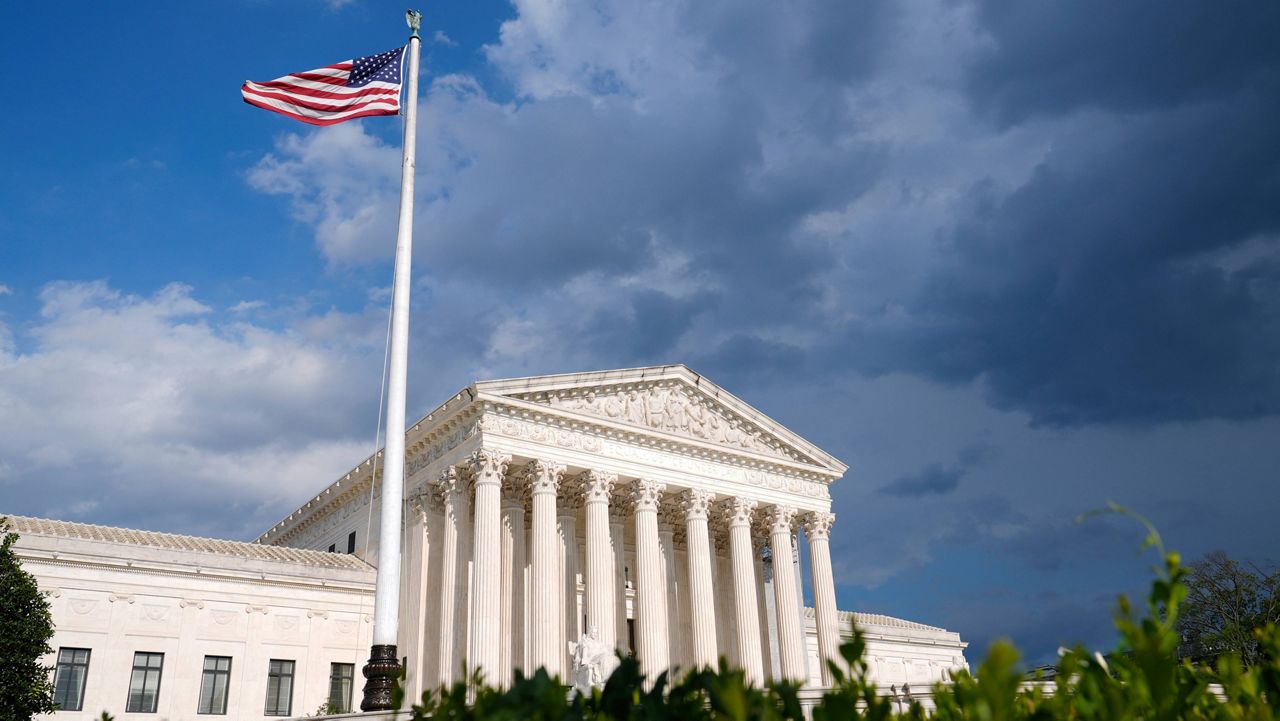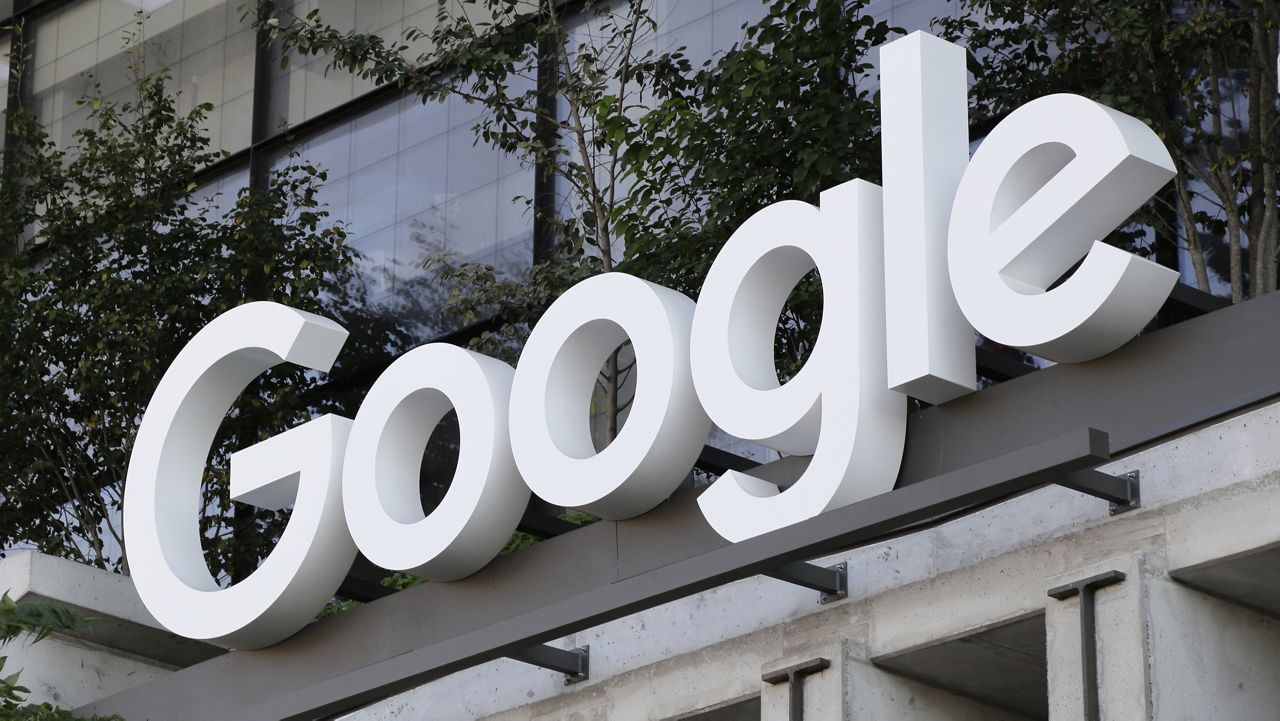LOS ANGELES — Since the terror attacks against Israel on Oct. 7, the anti-defamation league reported more than 3,000 antisemitic incidents. More than 500 of those occurred on college campuses.
The Jewish Federation hopes to empower students to help change that with a two-day summit to improve campus safety for Jewish students.
What You Need To Know
- Rabbi Noah Farkas, president and CEO of the Jewish Federation, said the safety summit will give students concrete takeaway points to help change the campus Jewish narrative
- The anti-defamation league reports a 337% rise in reported cases since Oct. 7
- Teach coalition’s office of Jewish education policy and research reports that the average Jewish school is now spending more than $315,000 annually on security
He is not Jewish, but Aidan Bloomstine calls himself a Jewish ally.
“I went to a k-12 Christian school my entire life, so I learned the importance of the Jewish people in bible classes and through my Christian education,” said Bloomstine.
Bloomstine is checking into a safety summit put on by the Jewish Federation’s campus impact network called Empowering Students.
Aiden, who is a student at USC and part of their on-campus Hillel, said he has watched his Jewish friends feel less and less safe since the Oct. 7 terror attacks in Israel.
“They were scared to walk to campus,” he said. “They were scared to wear their Star of David. It was even more important for me as a non-Jewish ally to advocate for my friends, to feel comfortable in their Judaism.”
Rabbi Noah Farkas, president and CEO of the Jewish Federation, said this safety summit will give students concrete takeaway points to help change the campus Jewish narrative.
“They’re going to learn how to be better storytellers, to humanize the story about what it means to be a jew,” said Farkas. “All of these things that we see happening on campus are based on decisions, and those decisions are made by people. And all those people carry relationships, so they’re going to learn how to use relationships to push an agenda for Jewish safety.”
The anti-defamation league reports a 337% rise in reported cases since Oct. 7.
UCLA professor Eugene Volokh, an expert in free speech, offered his advice on engaging in safe discourse on school campuses.
“You don’t have to persuade the advocates on the other side,” said Volokh. “And I think once you recognize that you don’t have this impossible battle of persuading the activists on the other side, but the much more feasible task of talking to people who are perhaps not very knowledgeable about the subject and explaining certain things, I think that becomes much easier.”
Bloomstine has a clear goal in mind for the end of this safety summit.
“My hope is that one day, everyone on a college campus is able to be proud of their identity and bring that identity to conversations.”
But until that happens, he is committed to advocating for the safety of his Jewish friends on campus.
Teach coalition’s office of Jewish education policy and research reports that the average Jewish school is now spending more than $315,000 annually on security, up over $100,000 since before Oct. 7.











